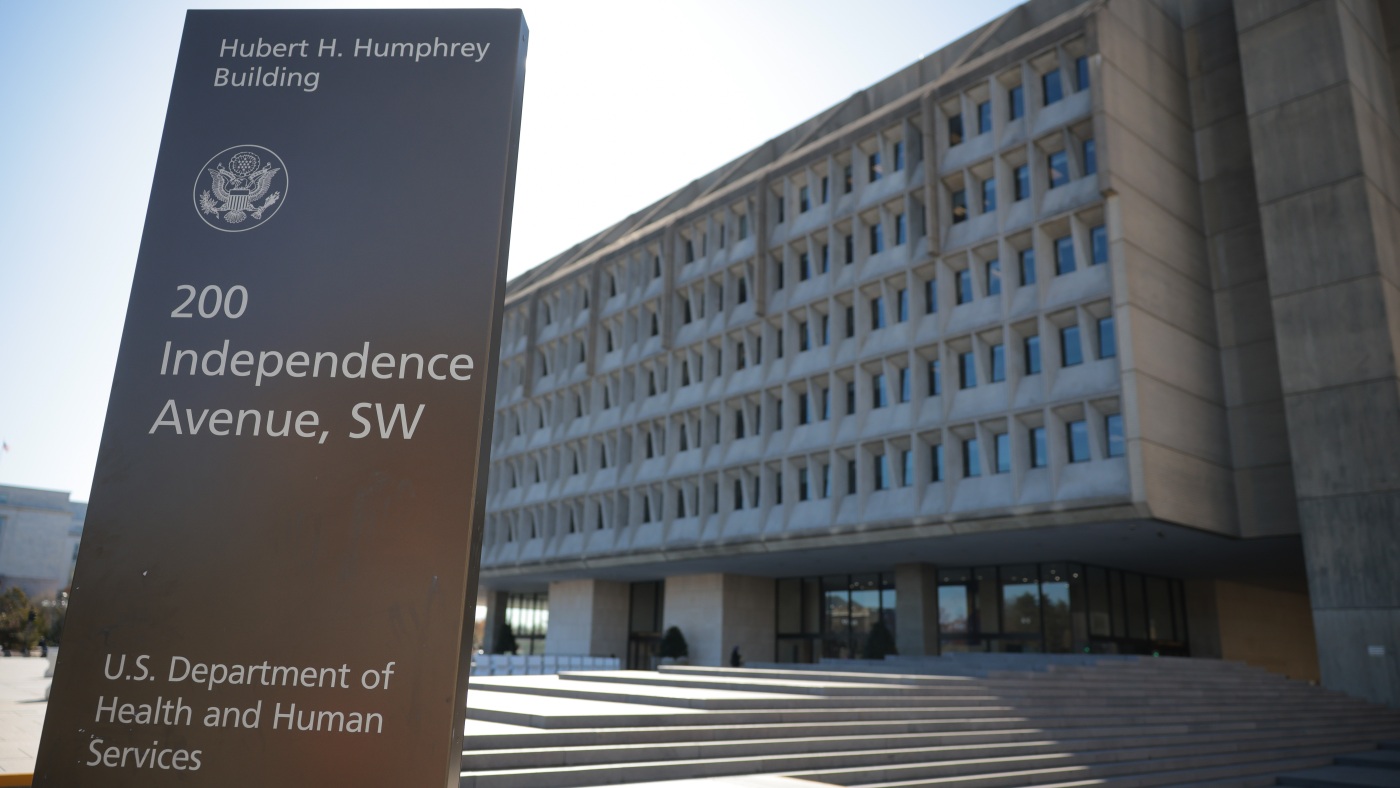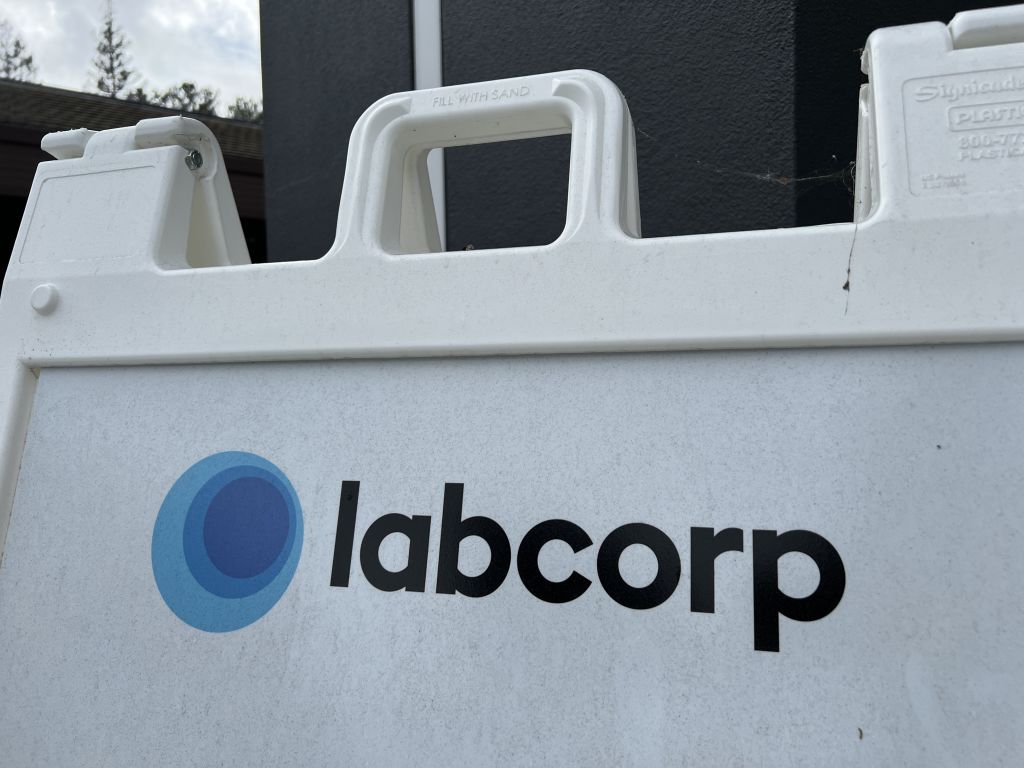The Health Hazard: How Kennedy's Rhetoric Threatens America's Well-being

When it comes to cutting-edge cancer treatments, the United States consistently leads the way, offering patients access to innovative therapies well ahead of their European counterparts. This remarkable advantage stems from a more streamlined and proactive approach to medical innovation and drug approval processes.
American pharmaceutical companies and research institutions are at the forefront of groundbreaking cancer research, rapidly developing and introducing revolutionary treatments. The U.S. Food and Drug Administration (FDA) has established a reputation for efficiently evaluating and approving new cancer drugs, often months or even years before similar medications become available in European markets.
This swift access to advanced treatments can be life-changing for cancer patients. Cutting-edge therapies that target specific cancer types, immunotherapies, and personalized treatment options are typically introduced in the United States first, giving American patients a critical head start in their fight against cancer.
The difference is not just about speed, but about hope. For many patients facing challenging diagnoses, these innovative treatments represent a beacon of possibility, offering new chances for survival and improved quality of life that were unimaginable just a few years ago.








